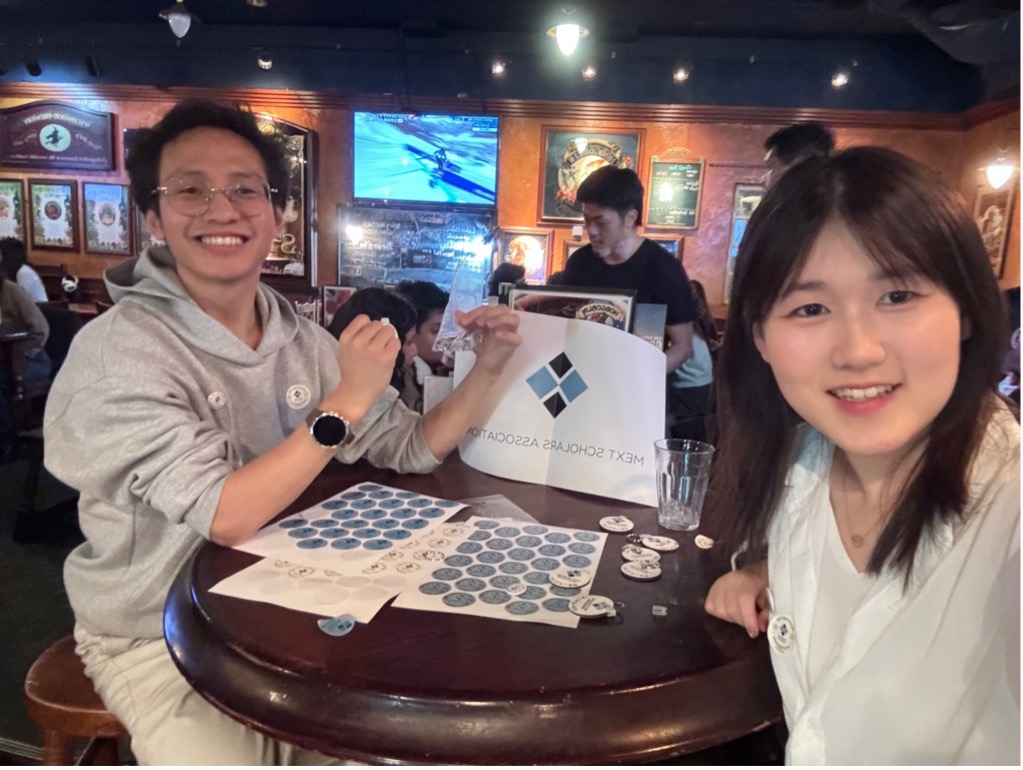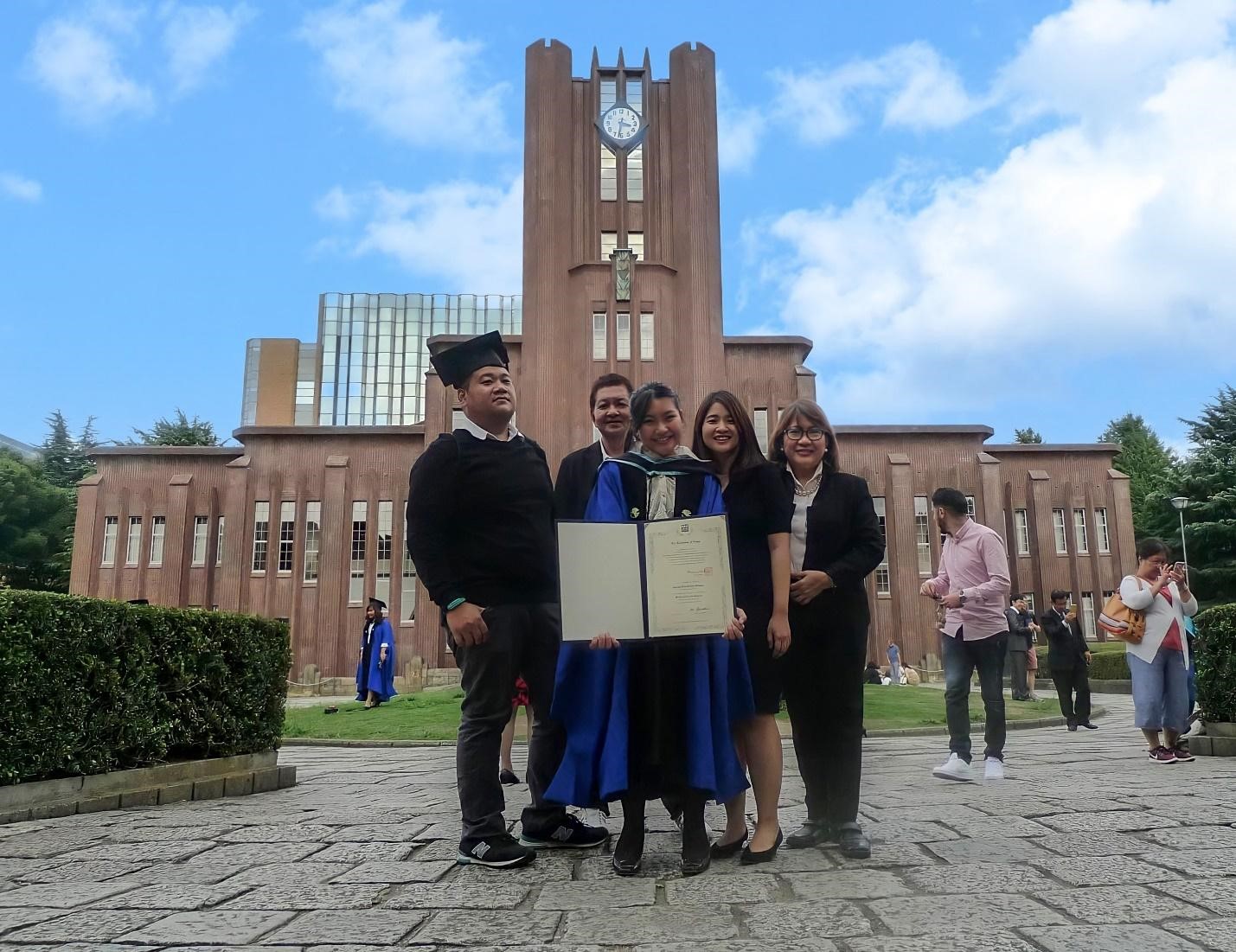If the Time flies… even at work

Time flies even at works
Have you ever wondered at the end of the day where did all that time go, and why you couldn’t finish even half of the tasks you planned? When you sit down to work with the best intentions only to catch yourself in the act of doing something completely different from what you intended to do? If so, you might need to strengthen your time management skills.
Starting a master or PhD in a new country naturally will require some extra time: you need to settle in, get your footing, fight your battles with language and bureaucracy. However, when the dust settles, and it is time to produce results, you might find it difficult to progress to your (and your supervisor’s) expectations. Of course, there are things which take time, and you cannot really do anything about it. An experiment must run its course, you need time to enter data and correct the inevitable mistakes, that experiment has to run again because the machine broke down.
But you can improve your efficiency by proper planning and sticking to your plans. In the end, you might win a few extra hours for your amusement. So how to start?
For one thing, estimating the time needed to finish a task and planning ahead with that knowledge are essential. Usually, things will take longer than you expect. This is called Hofstadter’s Law: It always takes longer than you expect, even when you take into account Hofstadter’s Law. In short, we are prone to underestimate the time needed for a task, even if we are aware of this bias.
Also, the amount of time available for a given task can influence how much time you will spend on that task. This one is called Parkinson’s Law: Work expands to fill the time available for its completion. The more time you have, the longer you will work on that one thing, but without achieving any significant improvements after a certain point.
My advice is to allocate a bit more time than you believe is necessary for any given task, say, between 1.5-2 times more. Then, after finishing the task, do take note of how much time you actually needed. This way you can improve your future estimates. Also, know when to finish a task. If you are one of those people who always strive for perfection, stop yourself and think what you would expect from a friend, if it were they who have to finish the task and asking for your advice. Sometimes we have more realistic expectations when giving advice to others but tend to be too strict with ourselves.
Hofstadter, D. R. (1979). Gödel, Escher, Bach: An Eternal Golden Braid. Basic Books.
Parkinson, C. N. (1957). Parkinson’s Law: The Pursuit of Progress. London: John Murray.
https://learningloop.io/glossary/parkinson%27s-law
My second advice is to do have a plan. To start with, set your goals for one week. Within that week, set up daily schedules to achieve those goals. You can make a simple bullet point list, or you can set time slots for each item on your agenda. During the day, try to stick to your plan, and cross out those items which you finished (a very satisfactory feeling). At the end of the day, reflect on your progress; could you finish everything? Do you need to move some items to the next day? If so, think ahead, and revise your schedule by setting realistic expectations.
Third, don’t delay things. Don’t procrastinate endlessly. Even though later is better than never, now is usually better than later. That is easy to say, harder to do. I often feel extremely motivated to work on my current project…when I am far away from my desk. Somehow, this eagerness tends to avoid me when I am actually in a position to do some serious work.
There is no universal rule on how to overcome procrastination (apart from an immediate deadline), but here are some tips. First, think about when you tend to delay working. When the task ahead of you is large? When you have to start something new? When you get bored? When you have to watch the latest cat video on YouTube?
In addition, notice what you do when you procrastinate. Do you stroll through the internet? Organize your desk and clean the room? Doing minor tasks which are not so important at the moment?
After you identify the When and How, you can come up with a strategy to overcome them. Is the task too large? Break it up to small, manageable pieces (instead of your whole dissertation, focus on the next page or the given section in your chapter). Is it a new thing and you have no experience? Be strict with yourself and jump into it without giving time for hesitation. Once you start, going usually gets easier. If the task has a steep learning curve, be kind to yourself and don’t expect a miracle, but do keep working on it. Is the task boring? Remind yourself of the final goal. And listen to your favorite (hopefully) upbeat music.
The second part of the strategy is to stop your escape routes. If you easily get lost on the internet, switch off your Wi-Fi. Lock your phone for a given time period. You can survive without looking up the latest reference for an hour, or re-connect with your friends. If you tend to tidy up your environment, try working in a new place; go to the library, to a shared workspace, or café, if the task at hand allows. If you rather prioritize minor tasks instead of the important tasks, schedule them at a different time, preferably at the end of the day, when you are already done with the hard work, or at the very beginning of the day with a strictly set time limit, so you can get them out of your head.
My last piece of advice is: Learn to concentrate. If you are having trouble focusing on a given task and prone to daydreaming, try the Pomodoro method, when you set a timer for 25 minutes work, before allowing yourself a 5-minute break. For those 25 minutes don’t let anything disturb you. After your 5-minute reward is over, start a new cycle.
https://www.bcu.ac.uk/exams-and-revision/time-management-tips/pomodoro-technique
Much more can be said about time management and the different methods of getting things done. These are just a few tips which I found helpful to myself and also helped me to better balance and separate my work and private life. Because don’t forget, after all that hard work, you deserve a care-free, relaxed break, when you can do anything…if time allows.










